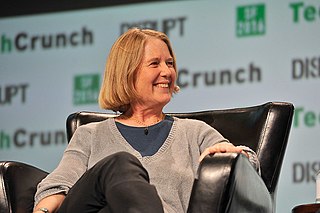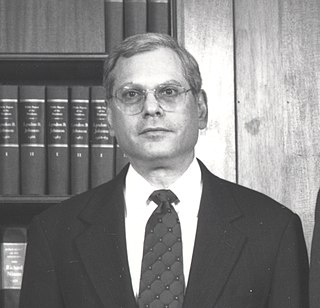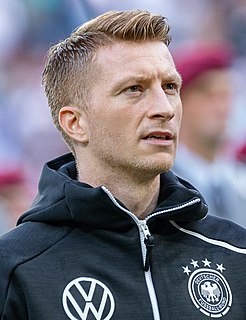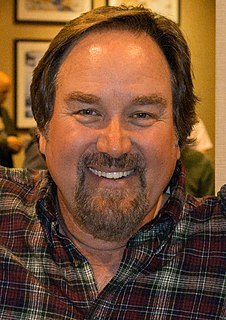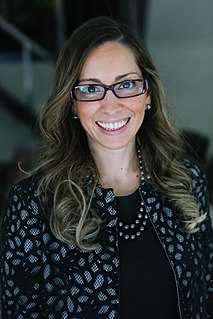A Quote by Paul Polman
We need new, dynamic models for growth through the sharing economy, using big data to unlock new insights and adopting closed-loop cycles.
Related Quotes
There are broader and narrower definitions of the new economy. The narrow version defines the new economy in terms of two principal developments: first, an increase in the economy's maximum sustainable growth rate and, second, the spread and increasing importance of information and communications technology.
When you are 28, 29 years old... you are aware that this is going to be your last big contract of your career. You have to make up your mind: What is it that I want? Do I want to find something new, a new culture, a new league, a new language, new teammates, a new city? And what is it that I need to be happy? What is it that I need to perform?
Let's look at lending, where they're using big data for the credit side. And it's just credit data enhanced, by the way, which we do, too. It's nothing mystical. But they're very good at reducing the pain points. They can underwrite it quicker using - I'm just going to call it big data, for lack of a better term: "Why does it take two weeks? Why can't you do it in 15 minutes?"
Traditional models of work only let us cross out the needs on the very bottom of the pyramid - basic sustenance. On the flipside, independent employment within the network of the new sharing economy addresses our needs for a sense of community and belonging, autonomy and respect, creativity and problem solving.



